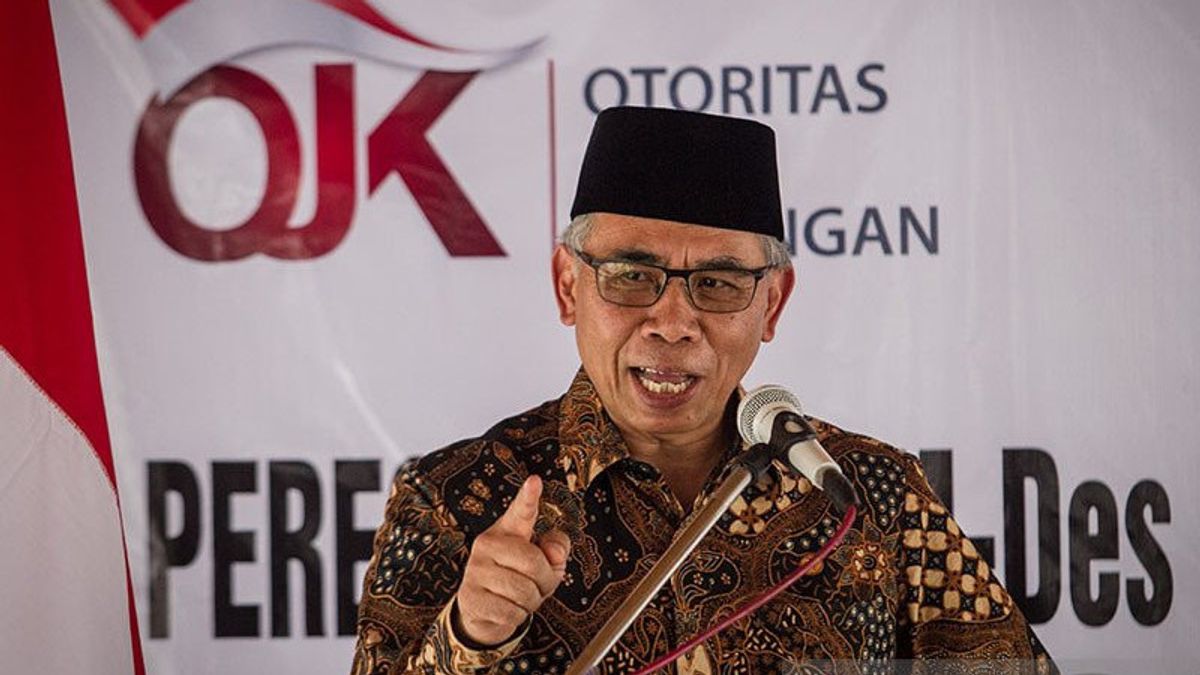JAKARTA - An economic observer from PT Samudera Indonesia As'ad Mahdi stated that the attitude of Bank Indonesia (BI) which is believed to be raising its benchmark interest rate could affect the performance of banking intermediation.
According to him, the increase in the BI rate will certainly put pressure on debtors who receive financing from banks. For example, As'ad said that the individual customer segment as well as business entities could be affected by the increase in interest rates.
"If the BI rate rises, it will certainly have an impact on bank loans, such as mortgages (home loans), corporate loans owned by companies which will increase the cost of funds," he said in a virtual discussion earlier this week.
As'ad added, in this situation an active role from the Financial Services Authority (OJK) is needed to be able to reduce the turmoil that occurs. As a regulator of the financial industry, OJK is expected to be able to formulate policies that accommodate the interests of two parties, namely customers and business actors.
"In dealing with conditions like this, OJK needs to ensure that the increase in interest rates does not cause too big a shock," he said.
The reason is, continued As'ad, the specter of an increase in non-performing loans always accompanies every time there is a renewal of interest rates.
"OJK must be able to help and keep the bank so that bad loans remain low," he said.
As previously reported by VOI, the monetary authority of Bank Indonesia chose to keep the interest rate at 3.50 percent in June 2022 in accordance with the decision of the BI Board of Governors' Meeting (RDG).
Meanwhile, this figure has persisted since 2020 as part of the central bank's contribution in maintaining an economy that is currently under pressure due to the impact of the COVID-19 pandemic.
Even so, the signal for an increase in the BI rate is getting stronger in line with the inflation rate which has passed the 4 percent target at the beginning of this month. Likewise with external factors The Federal Reserve (The Fed) has been increasingly aggressive in raising interest rates since the first half of 2022.
This has forced the Indonesian central bank to adjust interest rates in order to maintain exchange rate stability and reduce inflation.
The English, Chinese, Japanese, Arabic, and French versions are automatically generated by the AI. So there may still be inaccuracies in translating, please always see Indonesian as our main language. (system supported by DigitalSiber.id)













